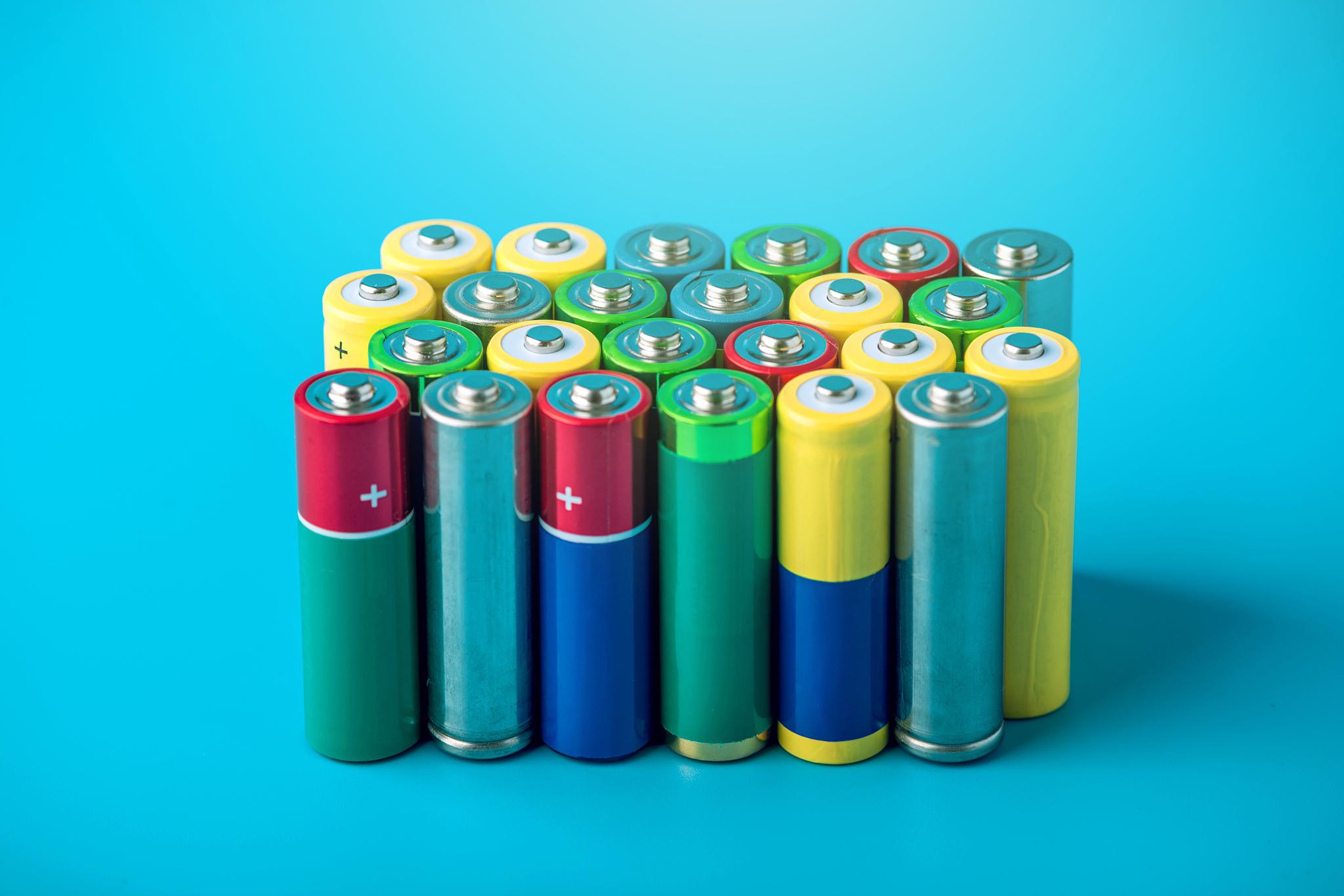
In today's fast-paced, tech-driven world, batteries power almost every device we use — from everyday household items to high-tech gadgets and electric vehicles. While there are many types of batteries available, alkaline and lithium batteries are two of the most commonly used. Both have their distinct advantages, but understanding their differences can help you choose the best one for your needs.
Alkaline batteries are some of the most widely used disposable batteries in the world. Made from zinc and manganese dioxide, they are commonly found in devices such as remote controls, flashlights, toys, and clocks. They are designed for low-drain applications where power consumption is minimal.
Pros of Alkaline Batteries:
- Cost-Effective: Alkaline batteries are much cheaper than lithium batteries, making them a go-to choice for everyday household devices.
- Widely Available: They are easy to find in stores and are available in a variety of sizes to fit different devices.
- Reliable for Low-Drain Devices: Alkaline batteries perform well in devices that don't consume a lot of power, providing long-lasting, steady energy for items like clocks and remote controls.
Cons of Alkaline Batteries:
- Shorter Lifespan in High-Drain Devices: When used in high-drain devices like digital cameras or handheld gaming systems, alkaline batteries tend to drain quickly, meaning they will need to be replaced more often.
- Non-Rechargeable: Most alkaline batteries are single-use, meaning once they are drained, they need to be disposed of and replaced.
- Environmental Impact: Although they can be recycled, improper disposal of alkaline batteries can harm the environment due to the chemicals inside them.
Lithium batteries, made with lithium metal or lithium compounds, are typically used in higher-tech devices like smartphones, laptops, electric vehicles, and even solar energy storage systems. These batteries offer a much higher energy density compared to their alkaline counterparts, allowing them to power devices that require more energy.
Pros of Lithium Batteries:
- Longer Lifespan: Lithium batteries last significantly longer than alkaline batteries, especially in high-drain devices. They can also be recharged multiple times, reducing the need for frequent replacements.
- Higher Energy Density: Lithium batteries can store more energy in a smaller, lighter package, making them ideal for compact electronics like smartphones, laptops, and drones.
- Rechargeable: Many lithium batteries, such as those used in smartphones and electric vehicles, are rechargeable, saving you money over time.
- Better for High-Drain Devices: Lithium batteries are more efficient in powering high-drain devices, providing a more consistent power output over a longer period.
Cons of Lithium Batteries:
- Higher Initial Cost: While lithium batteries tend to last longer, they come with a higher upfront cost compared to alkaline batteries.
- Safety Concerns: Lithium batteries, if damaged or improperly handled, can overheat or even catch fire. Proper handling and disposal are important to ensure safety.
- Environmental Challenges: Although rechargeable and more efficient, lithium batteries have environmental concerns. Mining for lithium can have negative impacts on ecosystems, and recycling these batteries is more complex than alkaline batteries.
When it comes to choosing between alkaline and lithium batteries, there are a few key factors to consider:
- Cost: Alkaline batteries are generally less expensive upfront, but lithium batteries last much longer and offer better value for high-drain devices.
- Lifespan: Lithium batteries have a far longer lifespan, especially in devices that require more power. This makes them a better investment for high-drain gadgets like cameras, laptops, and electric vehicles.
- Energy Efficiency: Lithium batteries offer better energy density, meaning they can store more energy in a smaller package, making them more efficient in power-hungry devices.
- Weight and Size: Lithium batteries are lighter and more compact, which is why they're commonly used in portable electronics like smartphones and drones.
- For Everyday Use: If you're looking for a battery for low-drain devices like TV remotes, clocks, or flashlights, alkaline batteries are more than sufficient. They are cost-effective and readily available for such applications.
- For High-Performance Devices: If you need a battery for high-drain devices like digital cameras, power tools, or electric vehicles, lithium batteries are the better choice. They provide a longer-lasting power supply and can handle the higher demands of these devices.
- Sustainability Considerations: When considering the environmental impact, it's important to note that while alkaline batteries can be recycled, they are still single-use. Lithium batteries, on the other hand, can be recharged multiple times, reducing waste. However, lithium mining can cause environmental harm, so it's essential to dispose of or recycle lithium batteries properly.
Choosing between alkaline and lithium batteries ultimately depends on your specific needs. Alkaline batteries offer a low-cost, dependable solution for low-drain devices, while lithium batteries provide better performance, longevity, and efficiency for high-drain gadgets. For those looking to save money over time and reduce waste, lithium batteries may be the better investment.
Whichever battery you choose, it's important to understand its strengths, limitations, and how to dispose of or recycle it properly to minimize environmental impact.
Next:10pcs 3.2V 10Ah Lithium Iron Phosphate Batteries to Ireland
Previous:How to Charge and Discharge LiFePO4 Battery ?
Contact Person: Miss. Elsa Liu
| WhatsApp : | +8617763274209 |
|---|---|
| Skype : | +8617763274209 |
| WeChat : | 17763274209 |
| Email : | Elsa@lifepo4-battery.com |